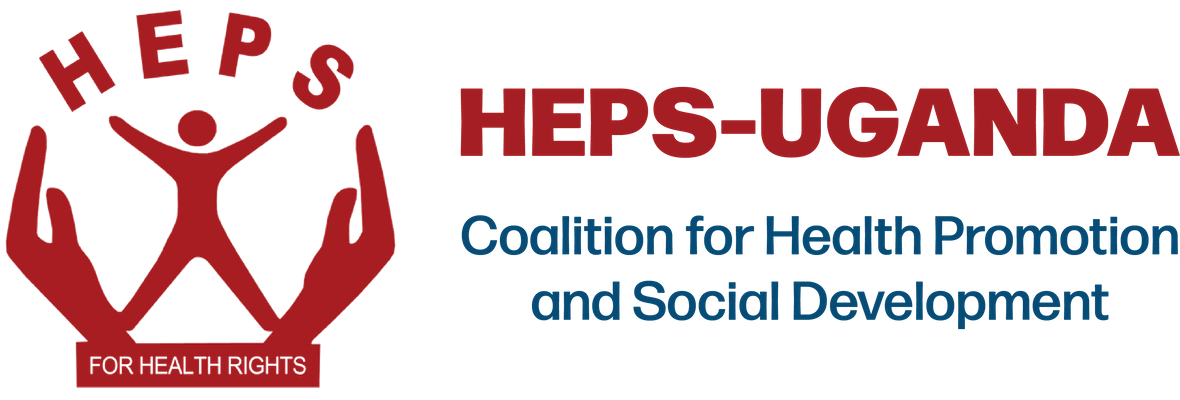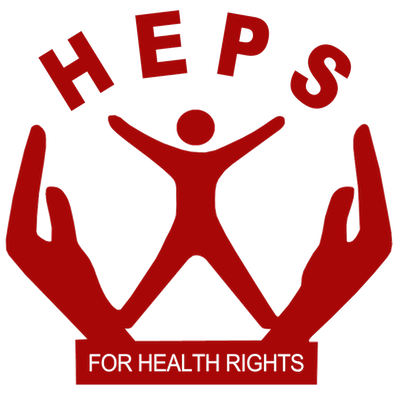Every August, Uganda joins the global community in observing Breastfeeding Month, a period dedicated to recognizing the life-saving benefits of breastfeeding and acknowledging the obstacles that prevent many women from giving their children the healthiest possible start. However, even with these observations, significant challenges and myths persist.
In Uganda, in some rural or remote communities, traditional beliefs and myths continue to strongly influence what women eat during pregnancy and how they feed their newborns. These practices contribute to persistently high rates of malnutrition and poor child health in these areas.
Breaking myths around breastfeeding involves addressing cultural beliefs, healthcare system limitations, socioeconomic factors, and education gaps that influence breastfeeding practices.
Despite WHO recommendations for exclusive breastfeeding for six months and continued breastfeeding up to two years or beyond, Uganda faces challenges such as misconceptions about colostrum, early introduction of complementary foods, lack of maternity leave, and insufficient breastfeeding support from healthcare systems and communities.
Breastfeeding is a fundamental pillar for a child’s health. According to the World Health Organization (WHO), initiating breastfeeding early and exclusively for the first six months can prevent infections, enhance immunity, and lower infant mortality.
For mothers, breastfeeding reduces the risk of certain diseases and postpartum bleeding. In Uganda, despite awareness campaigns, advocacy, and resource allocation, exclusive breastfeeding rates remain sub-optimal. Many mothers introduce alternatives such as cow’s milk or porridge within the first few months, exposing infants to the risks of malnutrition and illness.
In some cultures, norms dictate who can eat what. For instance, women and girls are forbidden from eating certain nutrient-rich foods. In Tooro, mothers who have just given birth are discouraged from eating vegetables, such as pumpkin leaves and doodo, while pregnant women are discouraged from consuming eggs and chicken, which allegedly causes the baby’s umbilical cord “to fall off” prematurely. In parts of Busoga, people believe that the colostrum, the golden first milk, is harmful.
The Ugandan Ministry of Health, in collaboration with civil society organizations (CSOs), health workers, and community members, is actively implementing critical awareness campaigns, dialogues, and training programs targeting remote communities. These efforts aim to dispel harmful beliefs and myths by educating people about the dangers of such practices and highlighting the vital benefits of breastfeeding. The Ministry has also developed enabling policies, such as the “Uganda Policy Guidelines on Infant and Young Child Feeding,” which set standards for promoting breastfeeding. These efforts need to be supported for scaled implementation for impact.
Read more HEPS-Uganda@25’s opinions on our blog, on our website www.heps.or.ug
Event tracker:
|
Event |
Organizer |
Dates, Venue |
|
International Conference on Clinical Gynecology and Women’s Oncology (ICCGWO) |
Institute for Scientific And Engineering Research (ISER) |
2 September 2025, Kampala |
|
2nd Uganda National Conference on Health, Human Rights and Development (UCHD 2025) |
Center for Health, Human Rights and Development (CEHURD) |
3-5 September 2025, Mestil Hotel, Kampala |
|
International Conference on Women’s Gynecology, Childbirth, and Reproductive Medicine |
Research Fora |
5 September 2025, Kampala |
|
5th Conference on Cancer and Palliative Care |
Ministry of Health, Uganda Cancer Institute (UCI), Palliative Care Association of Uganda (PCAU) |
10-12 September, Speke Resort Munyonyo, Kampala |
|
National Safe Motherhood Conference |
Ministry of Health |
22-24 October 2025 |
|
HEPS-Uganda@25 Celebration |
HEPS-Uganda |
November 2025 |
Let our partners know what is cooking in your kitchen. Please email us: info@heps.or.ug, rhasunira@heps.or.ug, or WhatsApp +256 (0) 783 816 819





